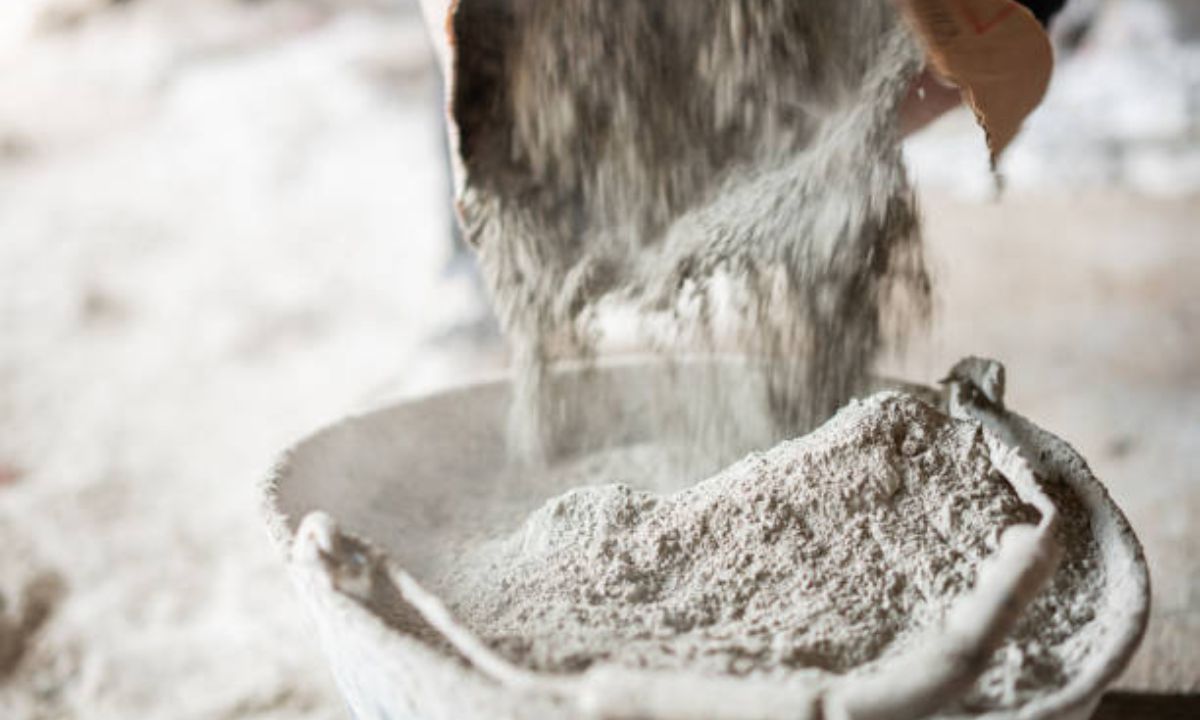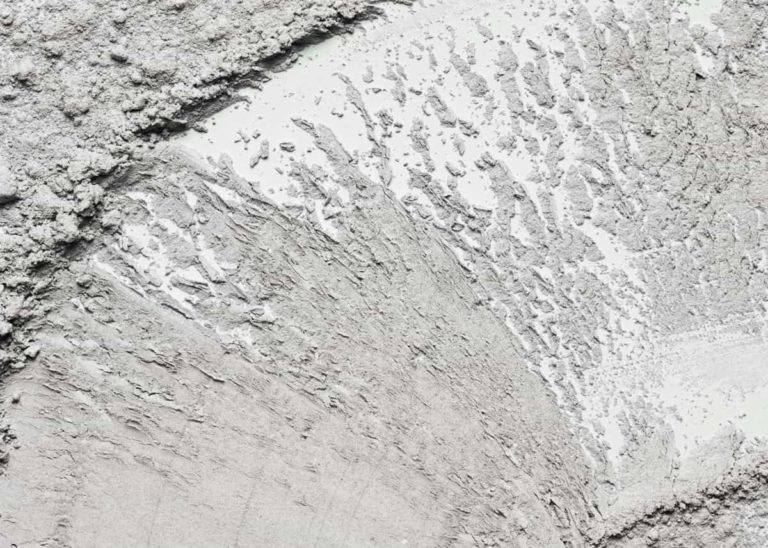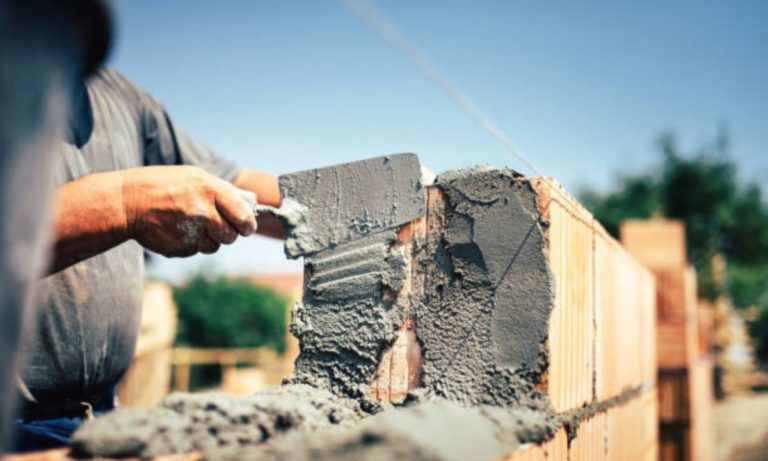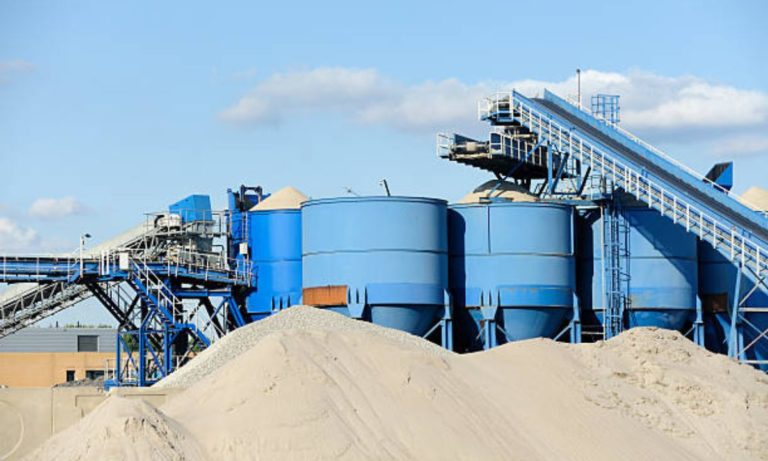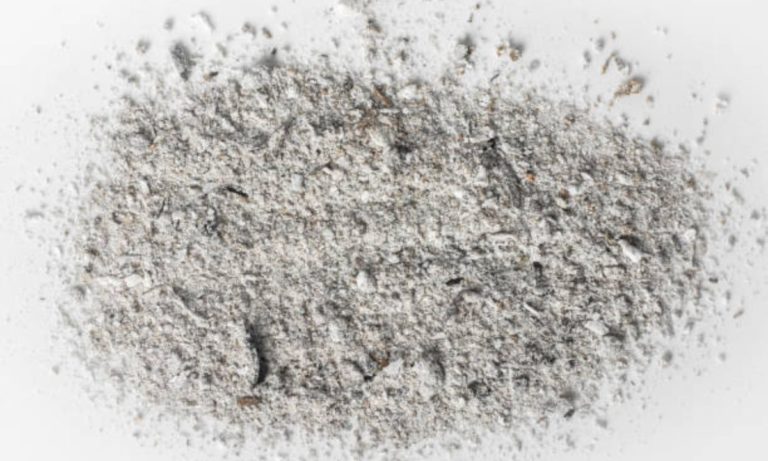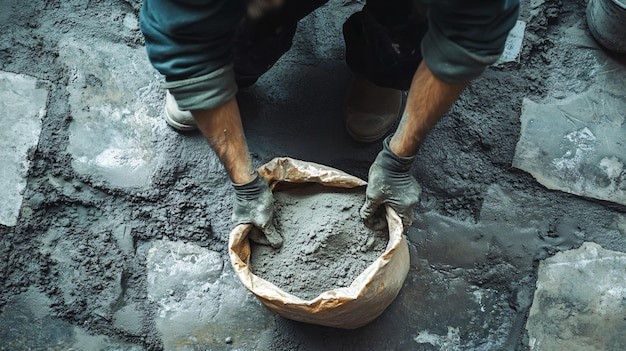Types of Cement in Bangladesh for 2024
Bangladesh is solidifying its position slowly in the worldwide construction industry by introducing mega projects. With the inclusion of metro rail, bridges, rail lines, highways, and powerful infrastructure, cement in Bangladesh is deemed a bullish market. PCC and OCC are the most common types of cement here. As cements come in lots of variations without basic knowledge, it’s tough to choose one!
So, Mir Cement is here to let you know about the best types of cement in Bangladesh for 2024!
Types of Cement in Bangladesh for 2024
The major two types of cement used in Bangladesh are OPC Cement and PPC Cement. It is also known as CEM I and CEM II. Let’s get to know about them in detail!
1. Ordinary Portland Cement or CEM I
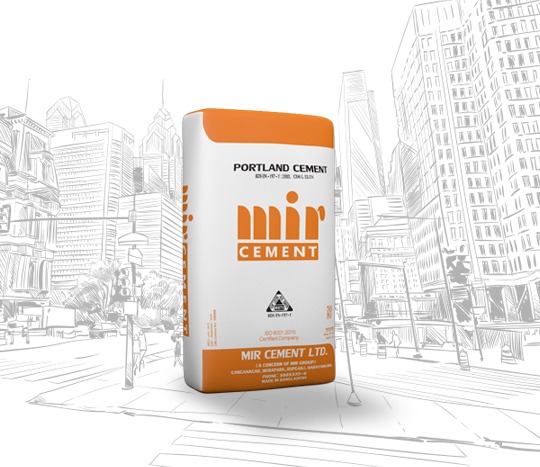
OPC Cement is a kind of hydraulic cement that is composed of Gympsun and Portland Cement Clinker. It is the most used cement in Bangladesh as it is suitable for all kinds of general construction. This cement is mixed with aggregates and water to form plaster, concrete, or mortar. To make blended cement, slag and pozzolana are added.
Types of Ordinary Portland Cement
There are 3 types of Ordinary Portland Cement. Give it a look!
OPC 33 Grade
The type of OPC of which the compressive strength is 33N/mm2 at 28 days is called OPC 33. Although it works in all types of general construction, it is specifically used for plastering and masonry.
OPC 43 Grade
OPC 43 Grade cement is used in high-strength concrete work. The compressive strength of it is 43N/mm2 at 28 days. When it is utilized for railway sleepers, it is identified as 43-S grade.
OPC 53 Grade
OPC 53 Grade has a comprehensive strength of 53N/mm at 28 days. It is mainly used for structures like buildings, bridges, precast concrete, and prestressed concrete. The OPC 53 Grade that is specially used for railway sleepers is termed as 53-S grade.
Advantages of OPC Cement
- High Durability and Strength: OPC has a heavy load-bearing and resistance capacity. Thus, the longevity and strength of the project become significantly higher.
- Compatibility: Water, additives, and aggregates can be mixed with OPC according to the requirements of the project. This feature paves the way for the production of different types of concretes and mortar mixes.
- Affordability and Availability: OPC is widely available all across the market. That’s why its price range is also super reasonable.
- Amazing Workability: It has improved workability. So, the process of transportation, storage, mixing, and placing is very easy.
- Faster Setting Time: OPC quickly sets after application. Thus, it saves time in construction work. The removal of formwork is also early.
- Disadvantages of OPC Cement
- Higher Heat of Hydration: The hydration process of OPC is higher. Thus, heat generation is faster, and internal stresses in concretes are high.
- Lower Resistance: OPC has low resistance against chemical attacks like chloride, sulfate, or acid. It hampers the longevity of concrete in adverse situations.
2. Portland Pozzolana Cement or CEM II
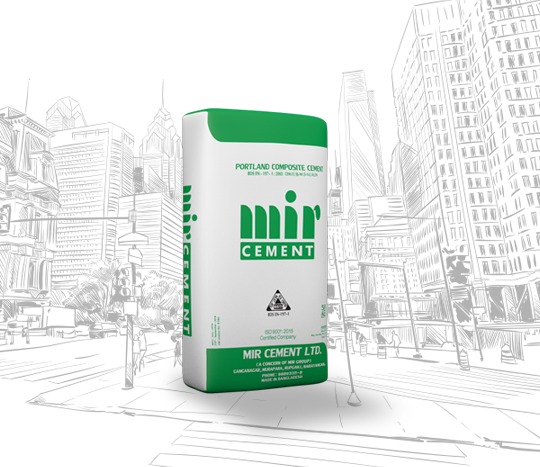
PPC contains 4% gypsum and 15-35% pozzolanic material, and the rest of the elements are clinker. In PPC, pozzolanic material reacts with calcium hydroxide released by the hydrating Portland cement.
Thus, cementitious compounds are formed. The concrete created by PCC is dense and impermeable. This type of cement is largely used in the construction of mass concreting, hydraulic structures, marine works, etc. This is because the materials of PPC protect concretes against alkali-aggregate reactions.
Types of Portland Pozzolana Cement
Types of PPC Cement are categorized based on the type of pozzolana it composes. PPC has a lot of variations. Three notable types of PPC are:
Fly Ash-Based PPC
This category of PCC has artificial pozzolanic materials blended with Portland Clinker and Gypsum.
Calcine Clay-Based PPC
In this type of PPC, the pozzolanic material is sourced naturally.
Advantages of PPC Cement
- Reduced Heat of Hydration: The hydration process of PPC is slow. Thus, heat generation is slower, and internal stresses in concretes are low.
- Low Shrinkage: Plastic and drying shrinkage is reduced by PPC. It happens because of slow heat generation and less bleeding.
- Pumpability: PPC cement manufactures cohesive concrete. Hence it is less prone to breakage and bleeding.
- Resistance Against Sulfate and Chloride: PPC is highly resistant to chloride and sulfate. So, due to pore refinement, it has a finer concrete density.
- Modulus of Elasticity: In the early ages, the modulus of elasticity in PPC is lower whereas in later ages, it is somewhat higher.
- Disadvantages of PPC Cement
- Fluctuating Performance in Severe Situations: PPC cement shows poor performance in severe conditions like corrosive, marine environments, or high sulfate.
- Slow Development of Initial Strength: The development of the initial strength of PPC cement is quite slow.
Learn more- Difference Between OPC and PPC Cement
Conclusion
Since you know about all types of cement in Bangladesh for 2024, it will be easier for you to choose. Before purchasing cement, try to cross-check the authenticity and brand.
A simple mistake can cost your entire project. The foundation of your project is dependent on the choice of proper cement.
Hopefully, this comprehensive guide by Mir Cement was helpful!
FAQ
What type of cement is used in Bangladesh?
Answer: The major types of types of cement that are used in Bangladesh are OPC and PPC. The usage of OPC cement is wide.
Which cement is the most powerful in Bangladesh?
Answer: 53-grade cement is the most powerful cement. Its compressive strength is 53 N/mm².
Which is better between PPC and PSC Cement?
Answer: It depends on your usage and the type of your project. If you want to know in detail, you can go through PPC vs PSC Cement- Which is Better to Use in Bangladesh.
What’s the price of 50kg Cement bags on average?
Answer: The price range of 50kg cement bags lies between Tk. 480 to Tk. 650 in general. However, it totally depends on the brand.

